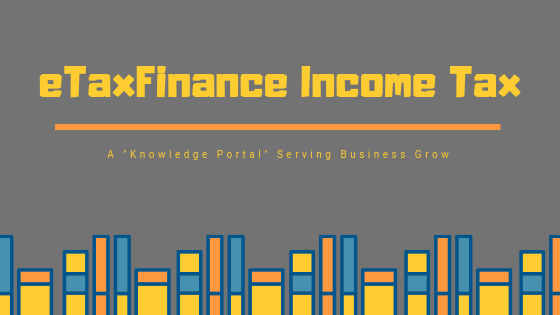TDS stands for tax deducted at source. TDS is a direct tax which is collected from the people at the time of payment like salary, rent, commission, etc. It is governed under the Income Tax Act, 1961 and managed by Central Board of Direct Taxes (CBDT).
The person who makes the payment deducts tax at source, and the person who receives a payment/income has the liability to pay tax. A person who is liable to deduct the tax is called “deductor” and the person from whose account the relevant TDS is deducted is called “deductee”.
Who is liable to deduct TDS?
The person making the payment is liable for TDS deduction. A person (deductor) who is liable to make payment of specified nature to any other person (deductee) shall deduct tax at source and remit the same into the account of the Central Government.
Types of TDS:
Some of the income sources that qualify for TDS:
- Salary
- Bank Interest
- Brokerage or Commission
- Commission payments
- Contractor payments
- Deemed Dividend
- Interest on securities
- Payment of rent
- Remuneration paid to director of the company, etc.
- Transfer of immovable property
- Winning from games like a crossword puzzle, card, lottery, etc
TDS Certificate:
A TDS certificate is a document issued by the deductor to the deductee. This certificate contains details like the particulars of payment, payee and payer details, date of tax deduction and date of credit submission. TDS certificate is necessary to claim tax credit or refund (if any) while filing Income Tax Return.
TDS Certificates are of various types:
i) Form 16 – It is issued by an employer to all its employees. Form 16 contains a host of details such as the computation of tax, the deduction of tax, and the payment of TDS.
ii) Form 16A – It is issued in all other cases besides salary.
iii) Form 16B – It is issued on sale of property.
iv) Form 16C – It is issued on rent.
TDS Return:
Apart from depositing the tax, the deductor should also file a TDS return. TDS Return denotes the quarterly statement that is submitted by the deductor/employer to the Income Tax Department.
Different TDS Forms have been prescribed depending on the purpose of deduction of TDS. The various TDS Forms are as follows:-
| Form No. | Particulars |
| Form 24Q | Statement for tax deducted at source from salaries |
| Form 26Q | Statement for tax deducted at source on all payments except salaries |
| Form 27Q | Statement for deduction of tax from interest, dividend, or any other sum payable to non-residents |
| Form 27EQ | Statement of collection of tax at source |
TDS Due Dates of FY 2020-21 for Return Filing:
The due dates for TDS Payment filing for FY 2020-21:
| Quarter | Period | Due Date for filing |
|---|---|---|
| Quarter 1 | April 2020 to 30 June 2020 | 31 March 2021 |
| Quarter 2 | July 2020 to September 2020 | 31 March 2021 |
| Quarter 3 | October 2020 to December 2020 | 31 December 2021 |
| Quarter 4 | January 2021 to March 2021 | 31 May 2021 |
TDS Refund:
A TDS refund can be claimed when the employer has deducted more tax than the actual liability. Taxpayer can claim the difference amount by filing an income tax return.
Taxpayer can claim TDS refund on the Income Tax website. However, the Income Tax Returns must be filed, and the TDS refund must be shown.
Advantages of TDS:
Some of the advantages of TDS are:
i) It ensures that people do not evade payment of taxes.
ii) TDS acts as a steady source of revenue for the Government.
iii) It is much more convenient for the deductee as the tax amount payable is automatically deducted.
iv) The burden on Tax Collection Agencies to collect tax significantly reduces.
For more details contact out team at +91-7991109093 or drop email us at [email protected]
Note: This Post was last updated on January 24, 2023
Disclaimer: The entire contents of this document have been prepared on the basis of relevant provisions and as per the information existing at the time of the preparation i.e. January 24, 2023. Although care has been taken to ensure the accuracy, completeness and reliability of the information provided, We assume no responsibility therefore. Users of this information are expected to refer to the relevant existing provisions of applicable Laws. The user of the information agrees that the information is not a professional advice and is subject to change without notice. We assume no responsibility for the consequences of use of such information. IN NO EVENT SHALL WE SHALL BE LIABLE FOR ANY DIRECT, INDIRECT, SPECIAL OR INCIDENTAL DAMAGE RESULTING FROM, ARISING OUT OF OR IN CONNECTION WITH THE USE OF THE INFORMATION.


